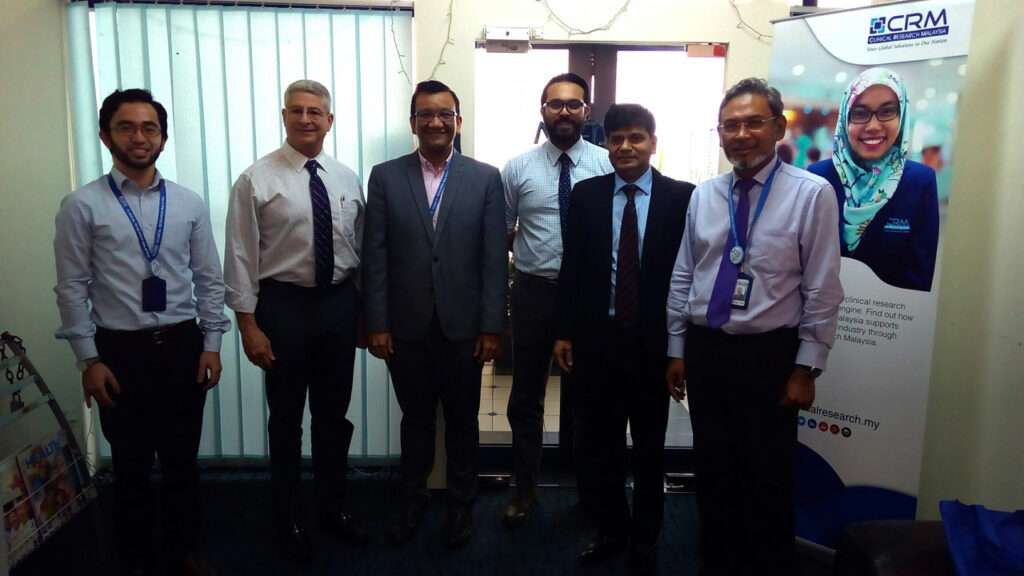
Realities of medical research in Pakistan – apathy of the pharma industry and legislation
sn’t that insane we are being treated with new medicines that have been clinically tested on populations other than our own? The dilemma continues – even widely used generics do not often undergo required quality testing of equivalence in human subjects unlike other countries where bio-equivalence studies are mandatory. Living in the same era we witnessed a surge in medical research in countries such as Egypt, India and Bangladesh. This raises multiple questions; are local offices of global pharma giants unable to convince their HQ/regions to bring in clinical trials or it is due to the inadequate regulations, bureaucratic hurdles and data integrity that prevents them to invest in clinical research in Pakistan?
Looking back, during late 1990s at least some research was sponsored by the pharmaceutical industry and some advancement made till late 2000s but this trend declined thereafter. The flip side is in spite of the increasing prevalence of certain diseases due to unique ethnicity, lifestyle changes and poor sanitary conditions, newer medicines are being introduced in Pakistan without being clinically evaluated in phase II and III clinical trials in the local population. Even very few phase IV (post marketing) studies are being undertaken by the pharma giants. The recent introduction of drugs for hepatitis (e.g. Direct Acting Antivirals), diabetes (such as DPP4 and SGLT2 inhibitors) and even anti-infective medications serve as an example. This shows commercial interest by pharma industry without any investment in clinical research. Who is to blame for this dismal state of clinical research, pharma industry or the regulators?
Local clinical research is invaluable in providing scientific information about risk factors, disease trends and helps in improving the clinical management of patients and behavior of clinicians in addition to improving the quality of life and health care of local population. The research results have a high societal value in terms of formulation of governmental health policies.
Thus there is a need at the highest levels of the government to recognize the importance of research and its impact not only on the health of the society but also the impact it can make in increasing health related export potential and economy of the country.
Taking a step forward, Tranz-Life represented by Shamsul Islam Managing Director along with Jeffery Yablon and George Zachariah President & Vice President of JIGSAW, Malaysia – a CRO, met the team of Clinical Research Malaysia (CRM), headed by its CEO Dr. Akhmal Yusof and Dr. Khairul Faizi Khalid to work hand-in-hand with various stakeholders. This includes the relevant authorities to reshape the research landscape through policy making, capacity building of public sector hospitals and universities, increasing industry-sponsored clinical research and providing incentives to local pharmaceutical industry to invest in research and building a research-friendly environment.
